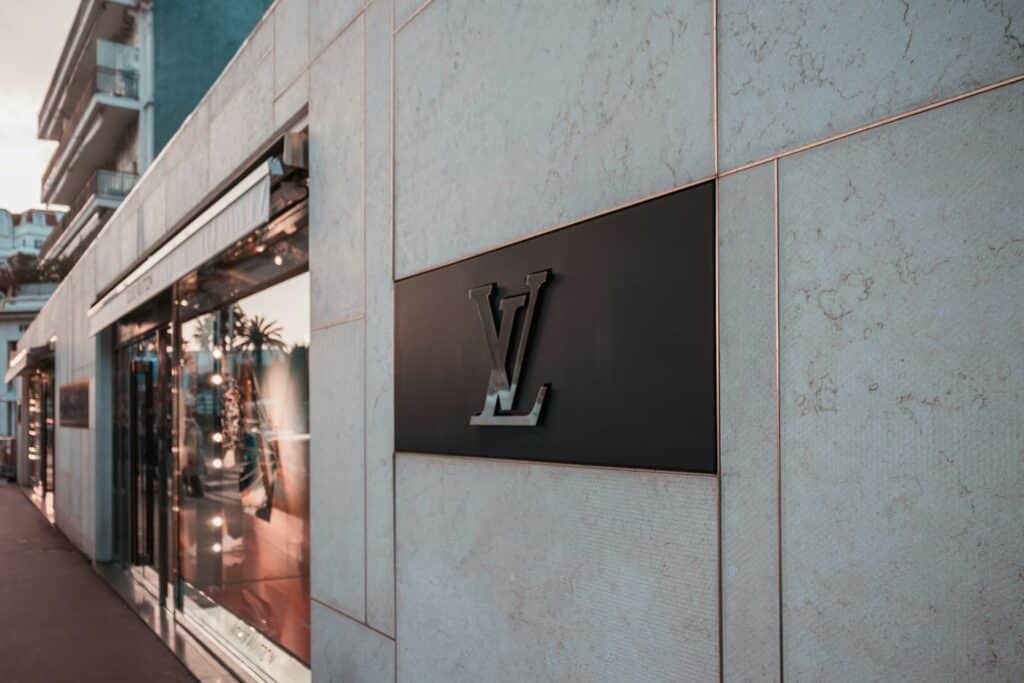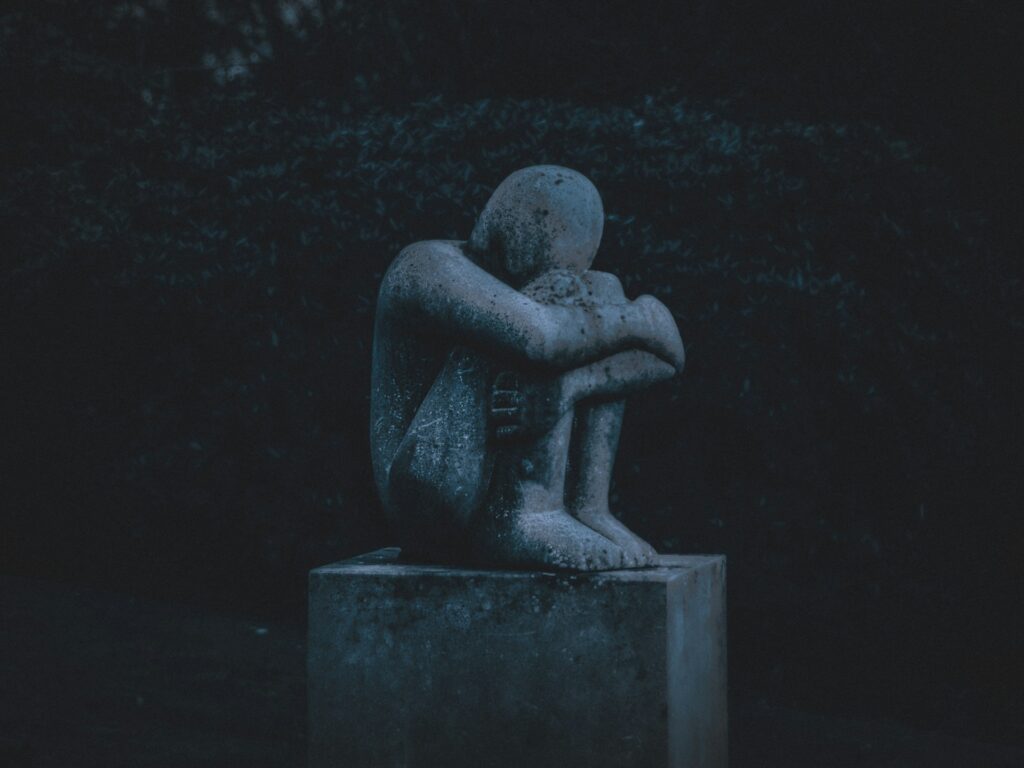No thing lasts forever.
Our property, our wealth, our youthful good looks, our relationships- all are doomed to perish from the outset.
We recently had the pleasure of hosting visiting family over several weeks here at Camp One. Their presence enhanced our joy, lightened our work, and breathed a new vitality into our days and nights. We knew they would not be here for long, and while this is a desperate reality to contend with, we did our best to optimize our time together.
If we are able to stave off our instinctual response to futility, the specter of loss can certainly inspire urgency. Indeed, the threat of loss is often the only thing keeping us invested in anything at all.
What is more interesting to consider is the urge to acquire, to build, to accumulate within this context of inevitable loss. What is it that has so many of us competing for status, for power, for more and more stuff?

We surmise that it is denial, a protective human response hijacked by anyone with something to sell and elevated to the level of collective delusion. We want more because others have more.
Loss is not something that we can consciously ignore. It’s all around us in the sick colleague, the dying grandparent, the video clips coming out of Gaza. The existential implications of this are simply too much, and we disperse the gathering shadows with acquisition, compulsively balancing loss with gain in an instinctual response aided and exaggerated by the pervasive capitalist ethos.
We are reflexive creatures, often acting before we think. We see this in the Camp One goats. They are prey animals with a strong, instinctual aversion to touch from other than their kind. It is only through repeated positive (and often forced) exposure to the benign nature of the goatherd’s hands that their inclination toward self-preservation will diminish.

The practice of dhikr is central to the life of a Muslim. The word is often rendered in English as “remembrance,” an intentional and often repetitive recalling and contemplation of our finitude juxtaposed against God’s Dominion over all things. There is much variation in this practice. It may involve formulaic invocation in the manner of a mantra. Around here, dhikr is often built into our daily chores, as we witness and consider the wildness around us.
Dhikr is how we override our instincts, our herd-like compulsion to react as others mindlessly do. Dhikr is our allowing for God’s Merciful Touch even as we acknowledge the inevitability of loss.
By time, surely man is in the way of loss, except for those who believe, and do righteous deeds, and counsel each other unto the truth, and counsel each other to be steadfast.
Q103:1-3
While it is true that no thing will last forever, our actions are identified in the above verses as an exception to the “way of loss.” One need not believe in God to see the truth in this.
Our actions endure. We all make choices today that will have an effect for generations. The climate crisis, the current state of geopolitics, our assumptions about the way the world works, all of it set into motion by actors making choices long, long ago.
Of course, for those of us who do believe, there is much more to consider as we understand our choices to have consequences both in this world and the next. The very notion of loss is radically undercut, rendered practically nonsensical by those of us blessed to internalize our immortality.
Our instincts will not disappear, however. Returning to the goats, if at any point touch is linked once again to harm, all of that softened vigilance will return. Rogue is our eight-month old male. After an initial period of wariness, he was easily our most social and approachable animal. That changed with castration, a process that involved a lot of handling and significant discomfort. For now, he’s keeping his distance.

Particularly painful losses will similarly shock us back into self-preservation, compelling us to grasp and clutch. It’s natural in these panicked moments to recoil from God’s Hand, and so we arrive at the wisdom behind each of us counseling the other to remember Reality and to remain steadfast.
We will lose every thing including, eventually, our own lives. There is no way around that.
But while we have what we have, we can make choices with the awareness that the residue of those decisions will endure, effectively forever.
And we do well to keep one another grounded until the end.

So many lessons to reflect on from contemplation in Allah’s creations. Fear and loss also offers us a healthy dose of humility.
Indeed sub7an Allah; our Most Generous Lord has spread so many of His ayat in creation!
What’s interesting to note in Surat al-Asr, though, is that Allah SWT says that al-insan, or the individual man, is in perpetual loss, except THOSE; as in the collective group, that has faith/believes AND mutually invites one another to truth & sabr. In other words, it’s the jama3ah or the good company that stops man’s perpetual loss!
SubhanAllah, thank you for the beautiful reminder. Aisha can tell you, I really really needed to hear this today. This dunya is temporary, and the problems we face here will end. What will last will be the choices that we made given the circumstances Allah (swt) presented before us.